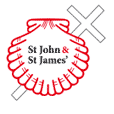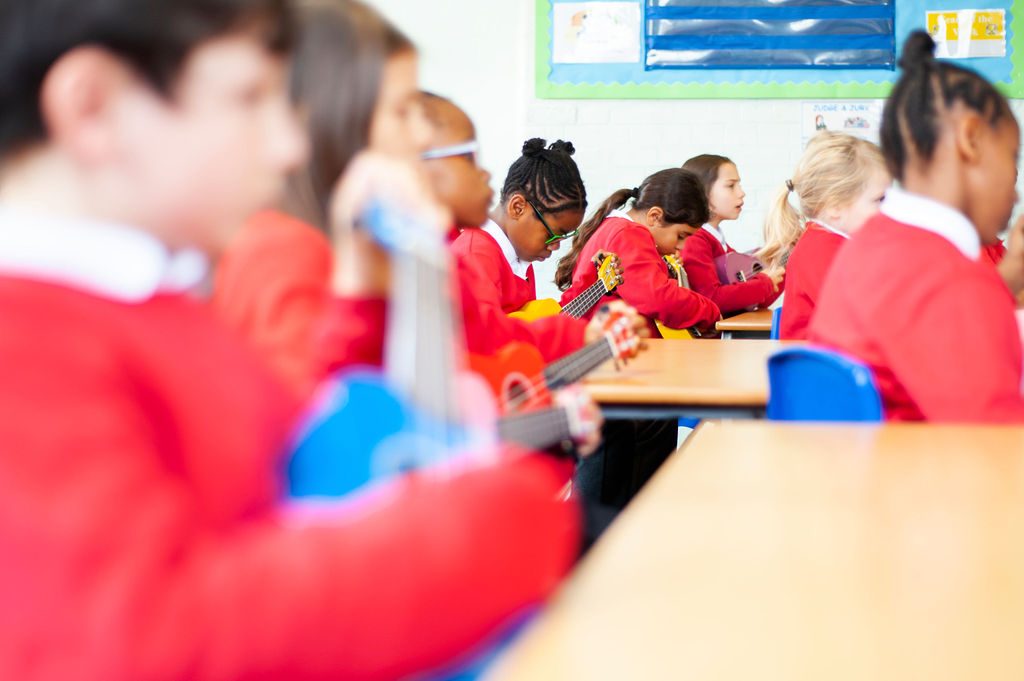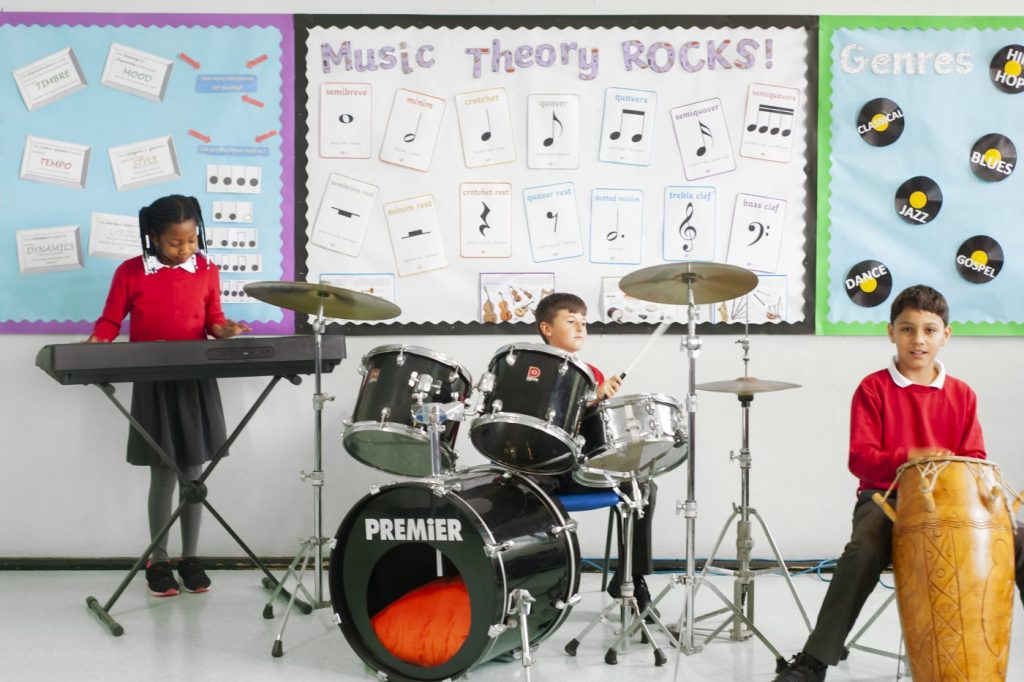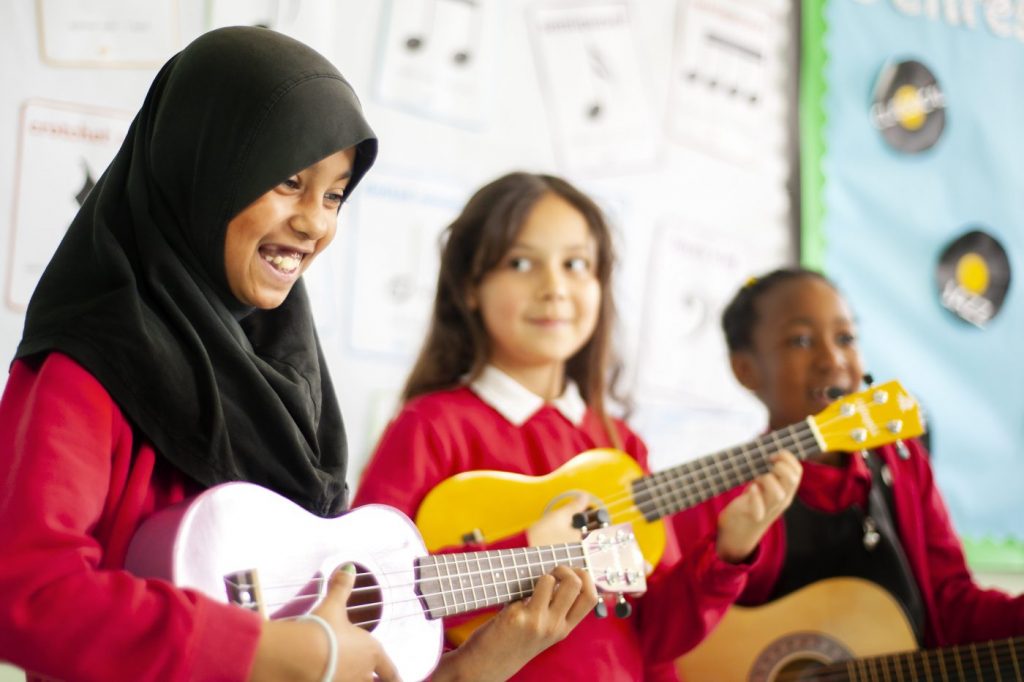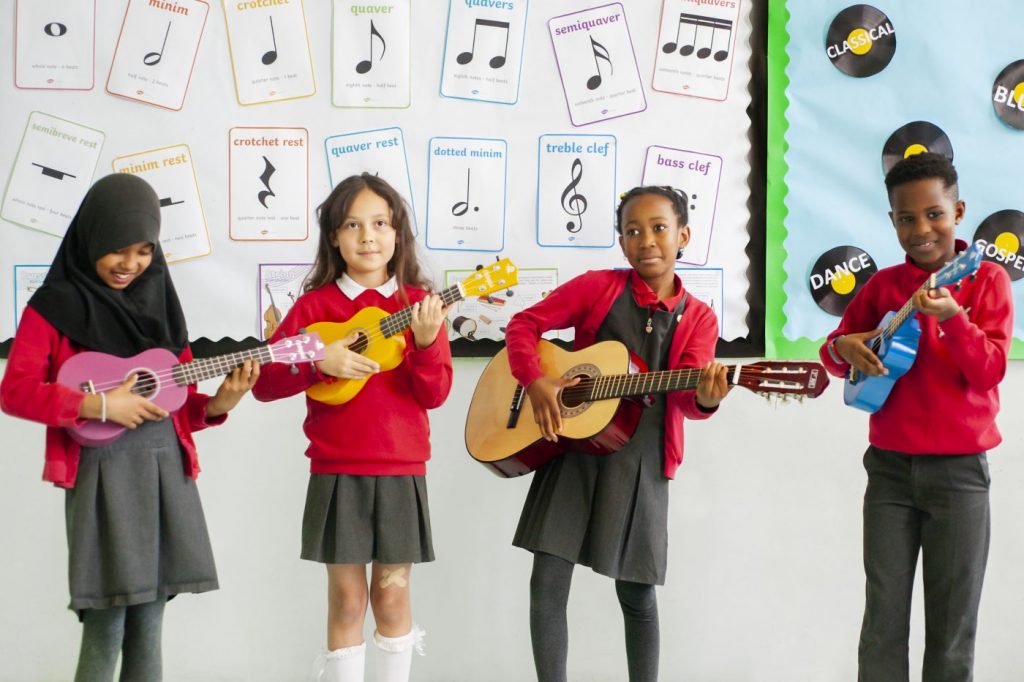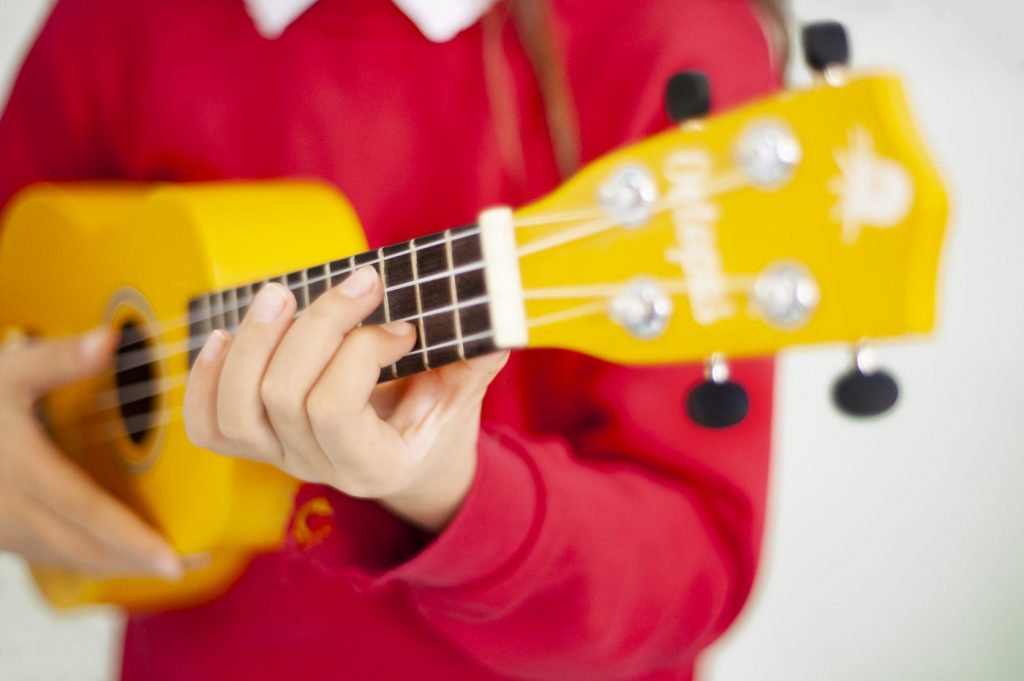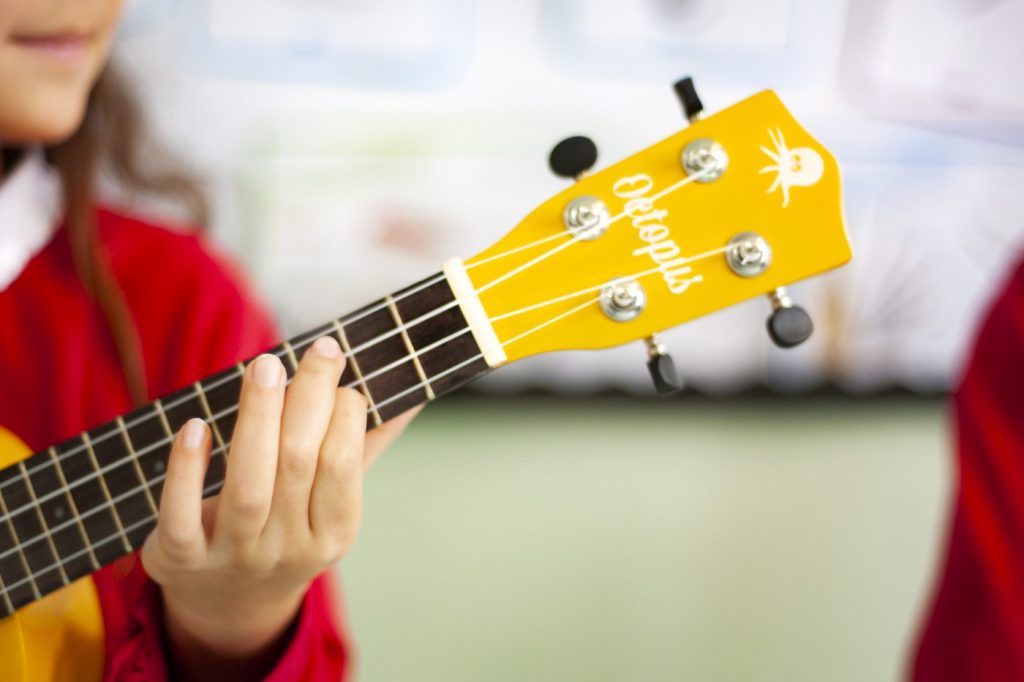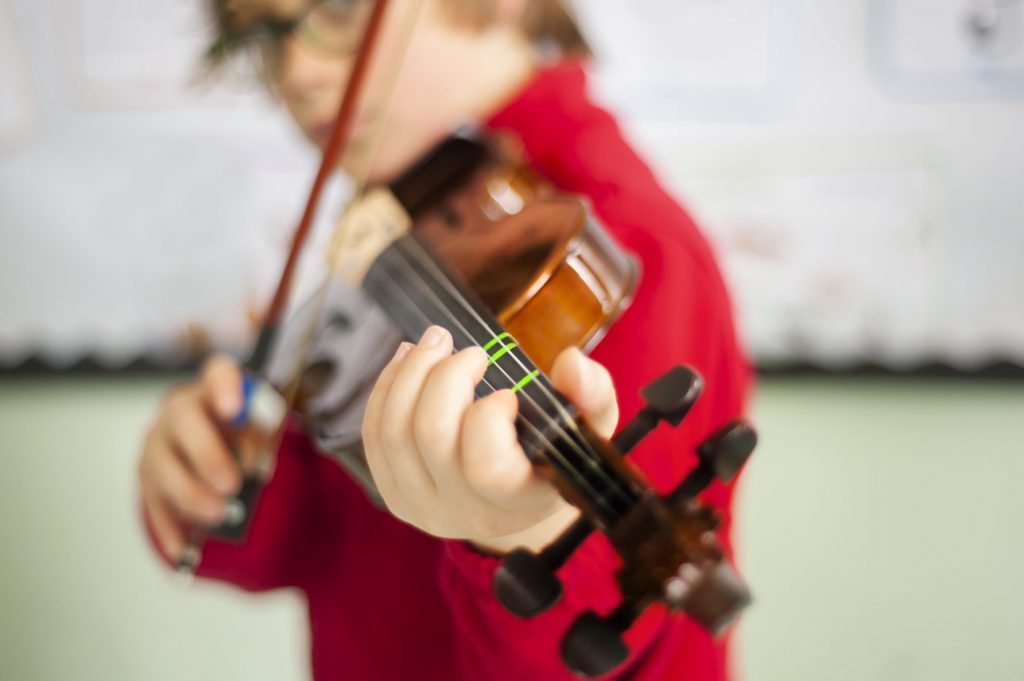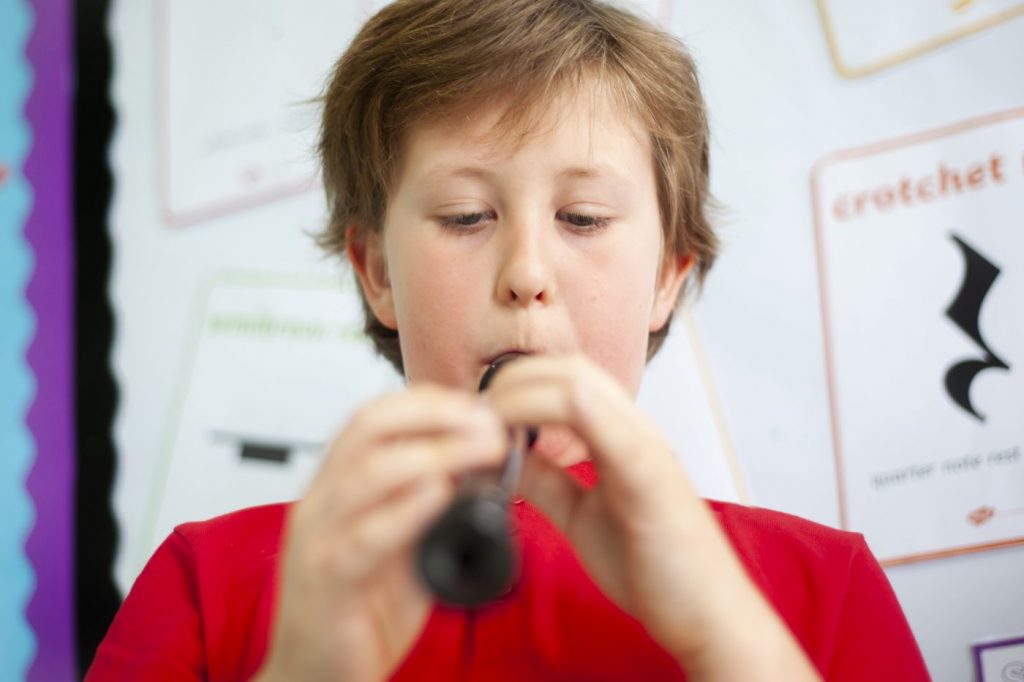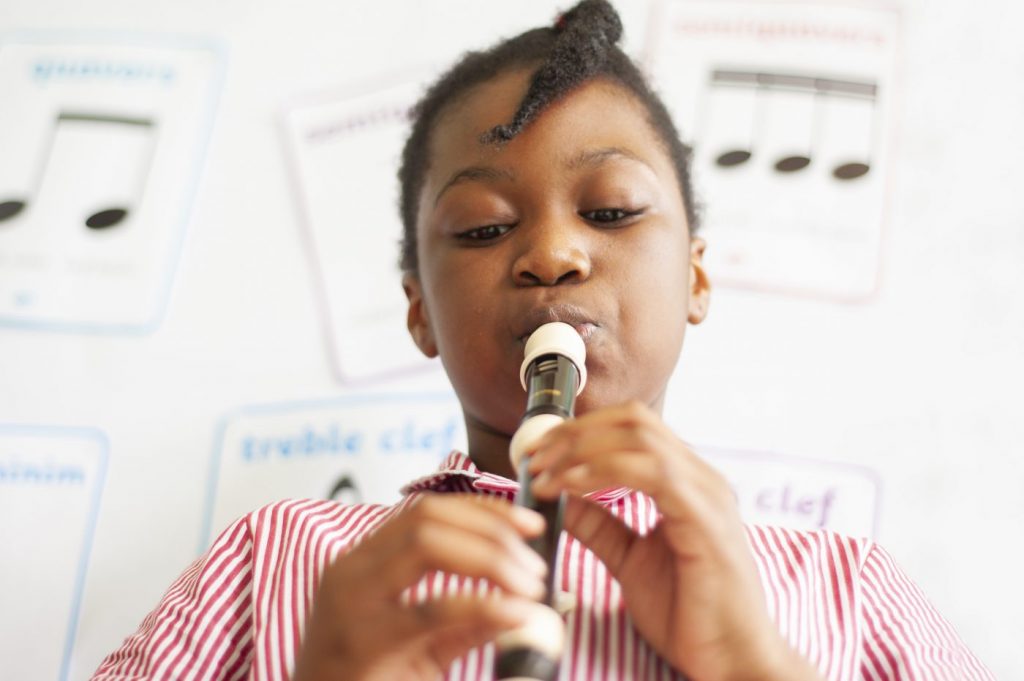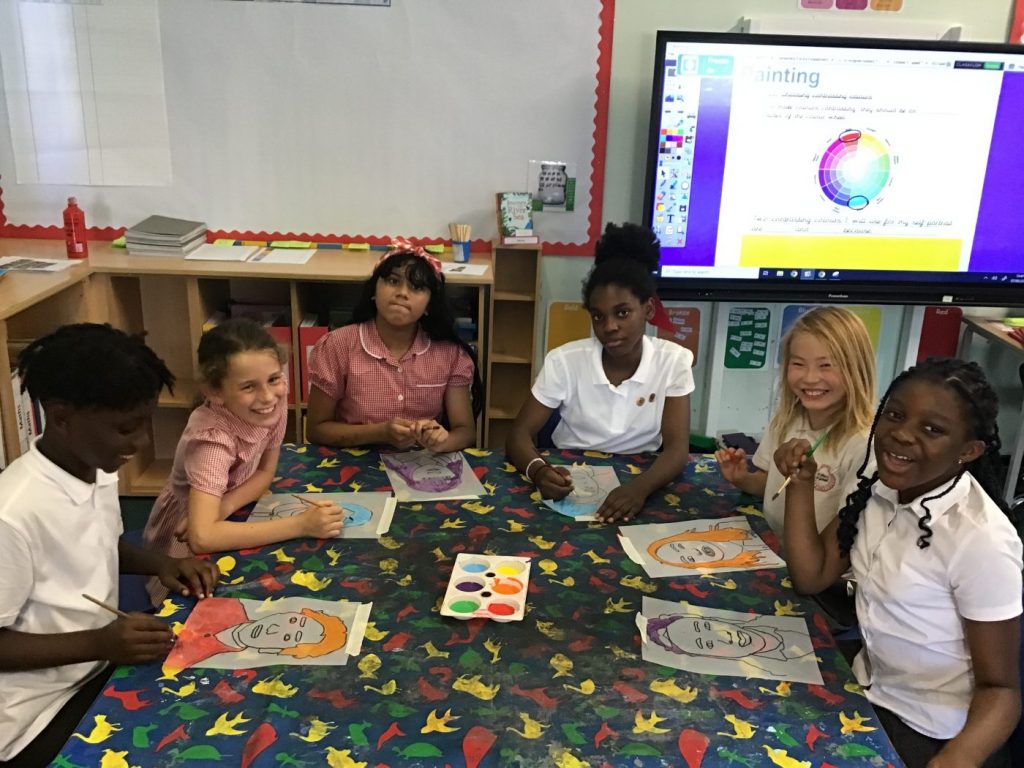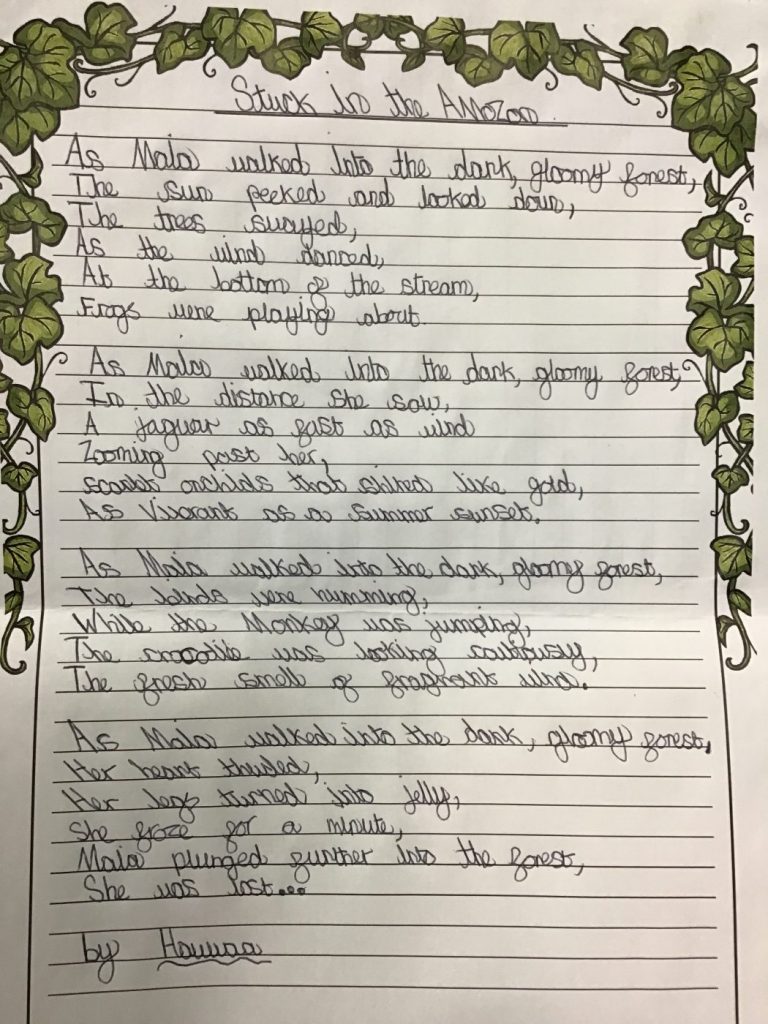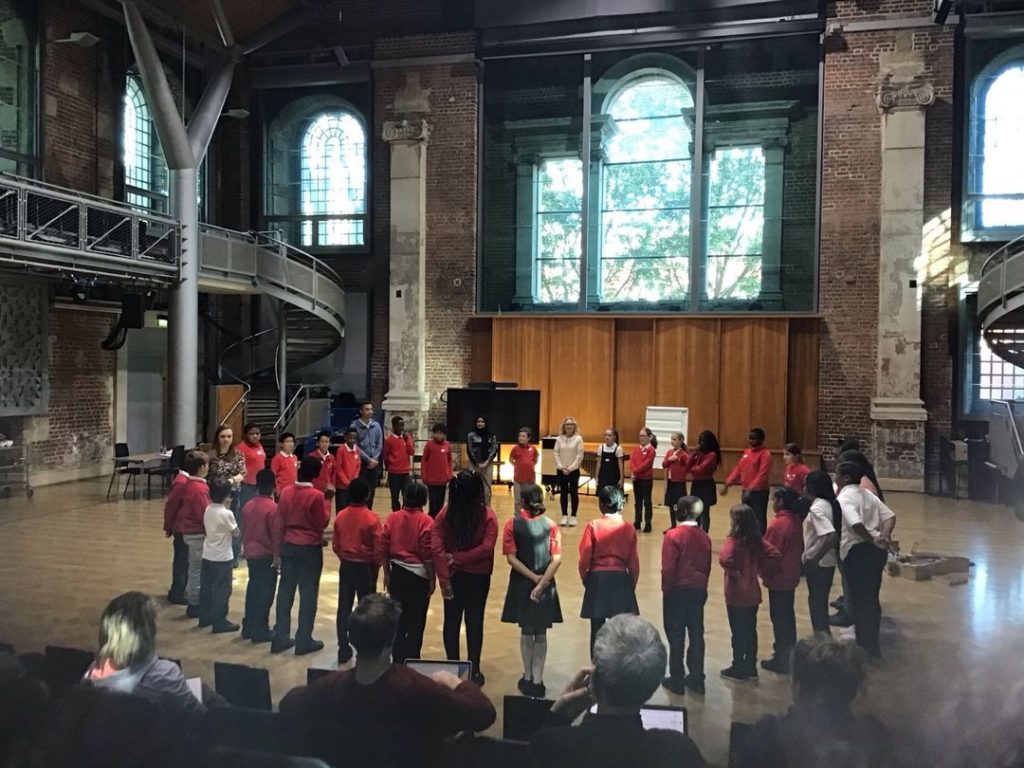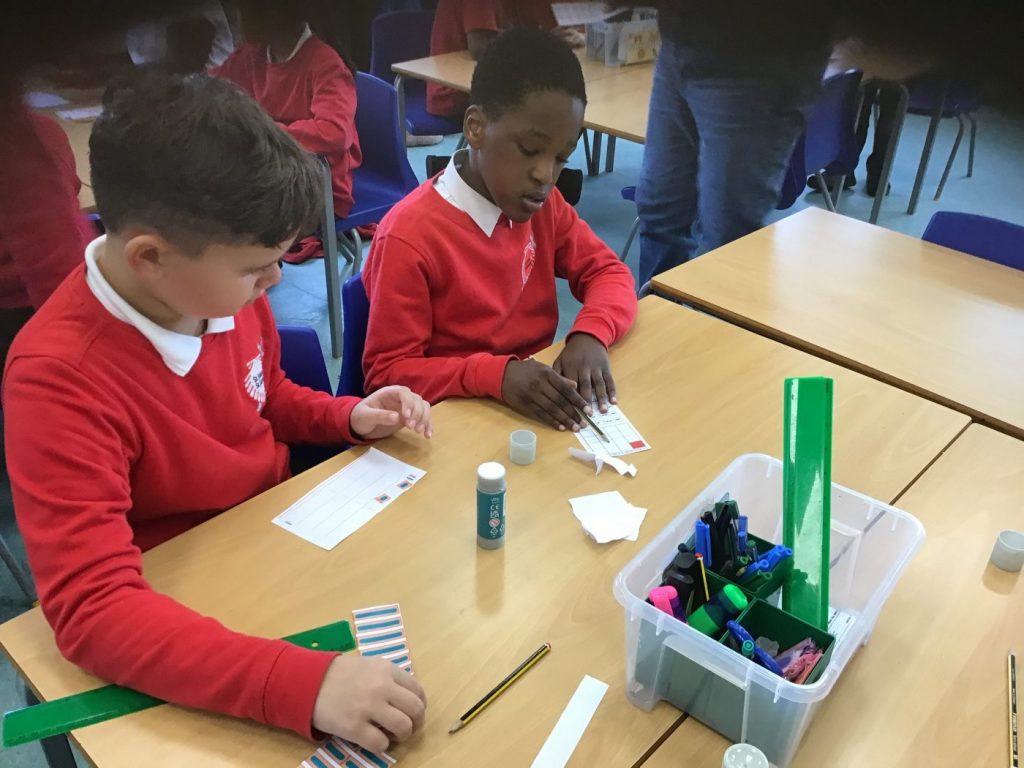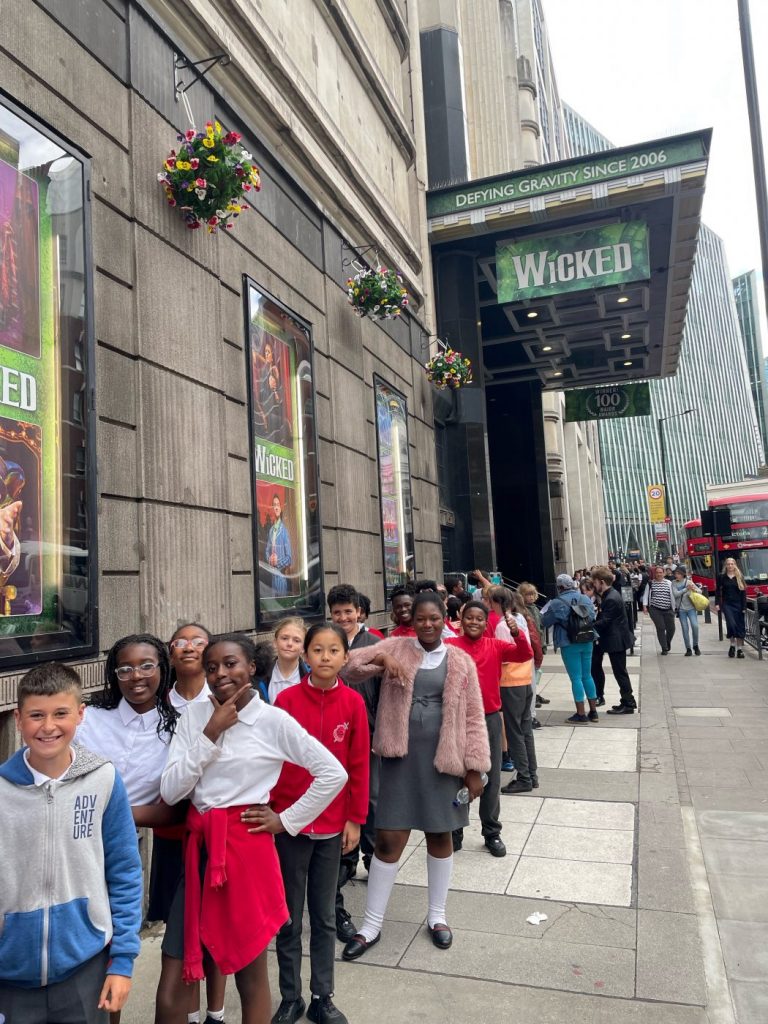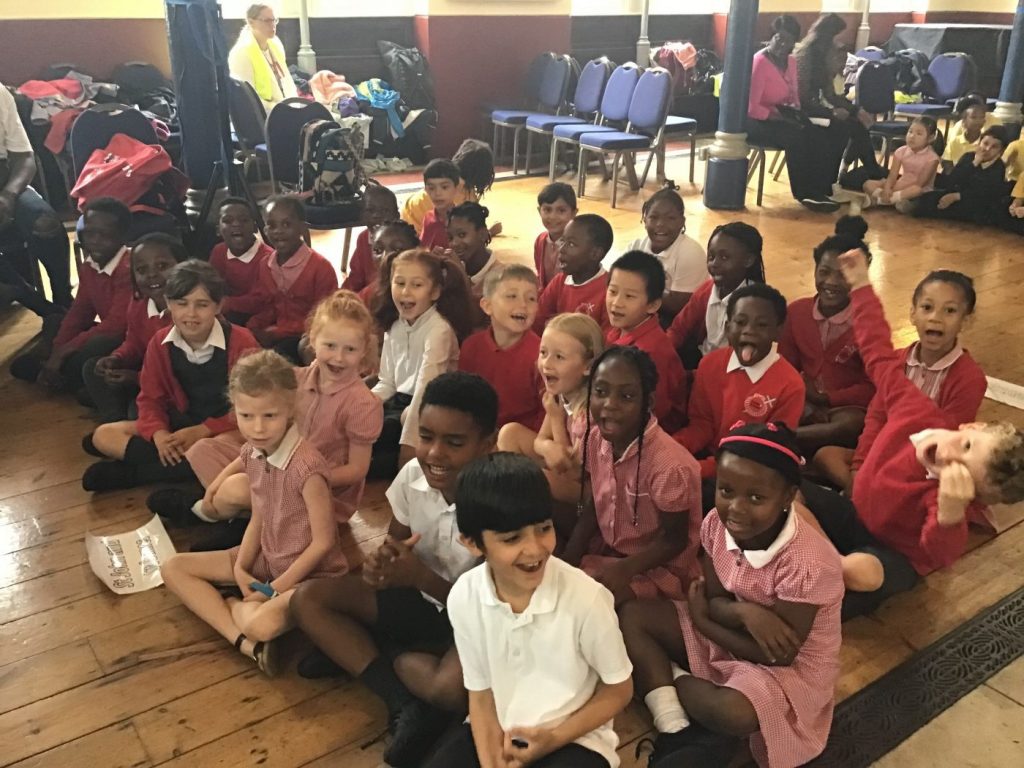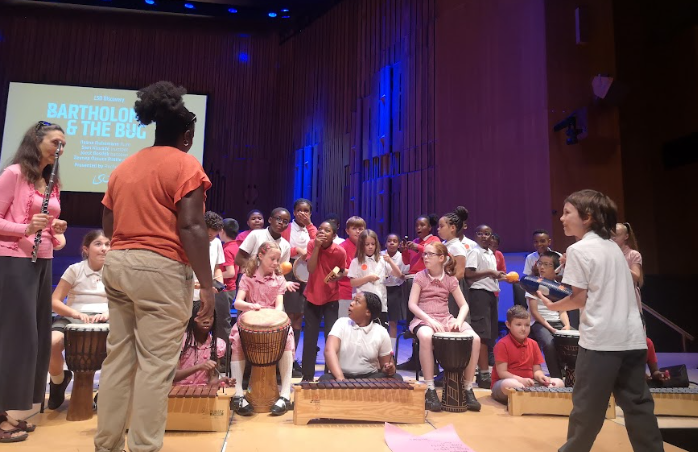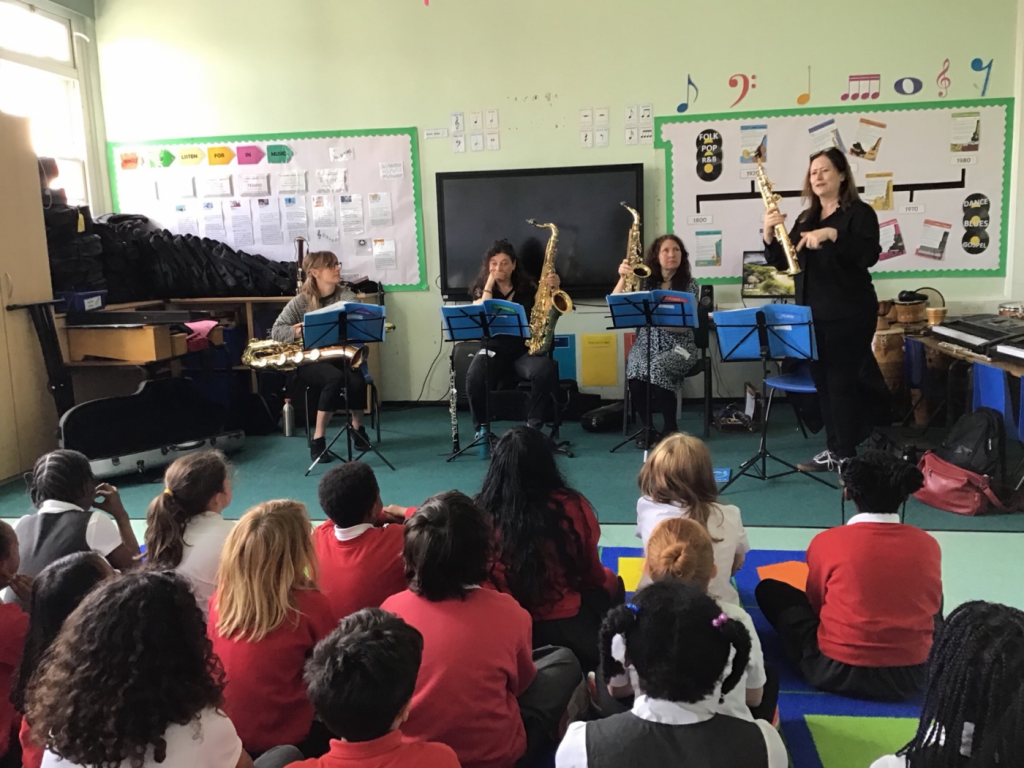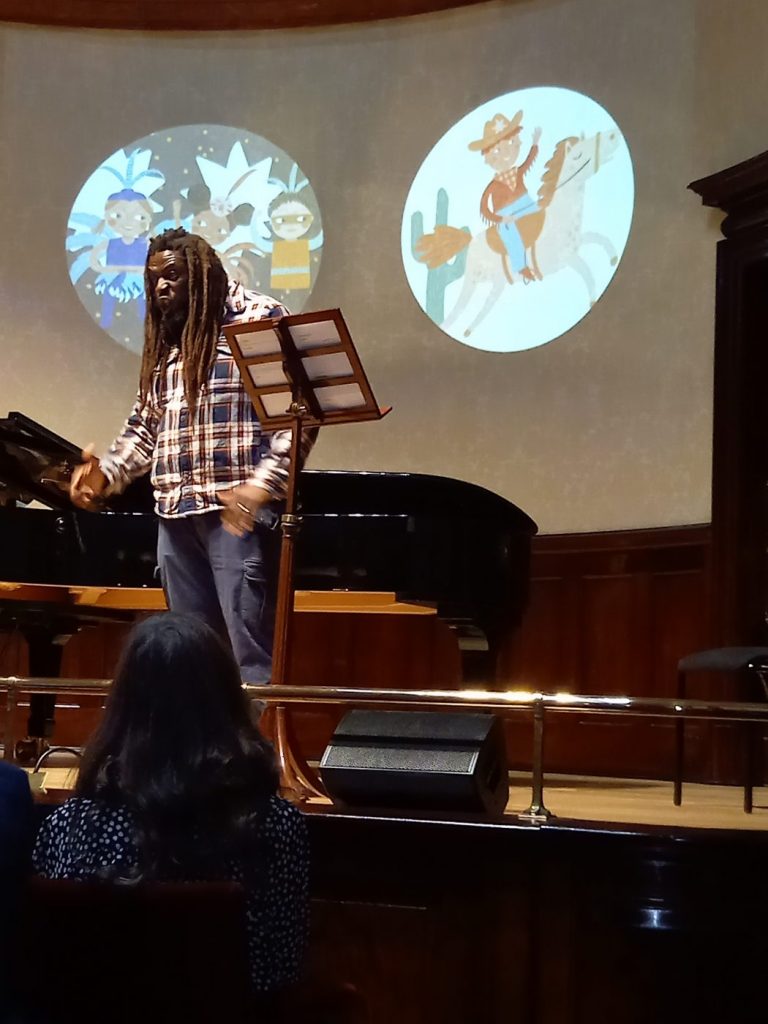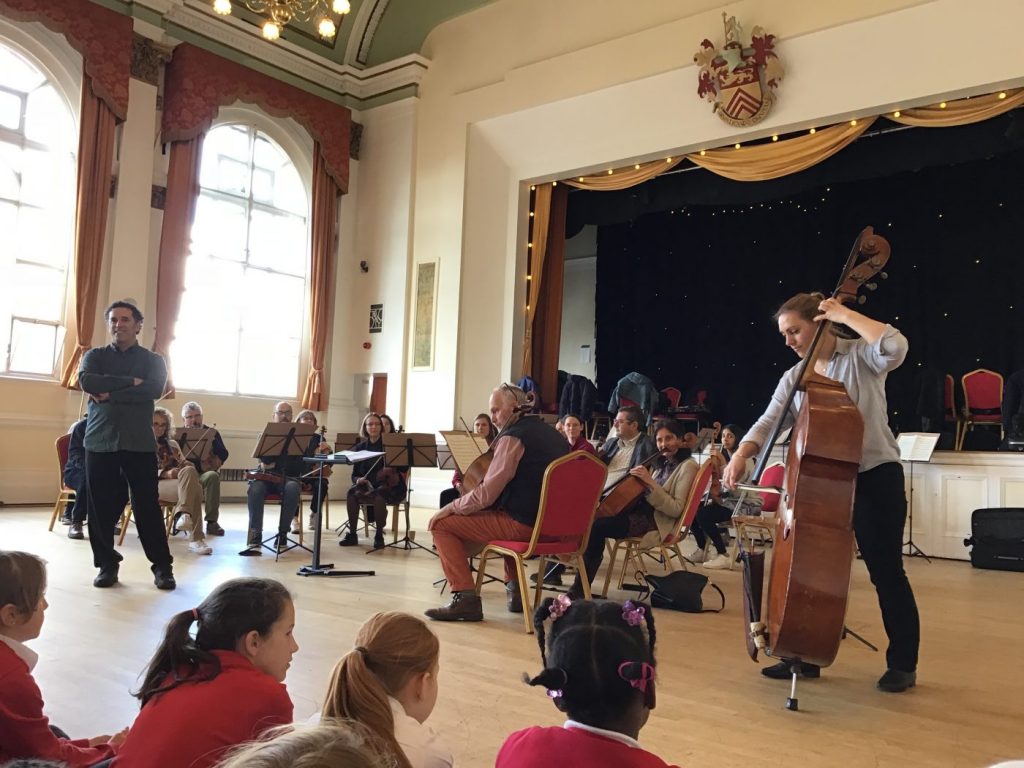Implementation
Our music curriculum allows the children to develop their understanding, make musical judgements, apply their new learning, develop their aural memory, express themselves physically, emotionally and through discussion and create their own musical ideas. The children not only learn about music; they become musicians who are able to share and perform using their new skills. This is embedded in the weekly music lesson, taught by our music teacher, as well as the weekly singing assemblies, regular concerts and performances, the learning of instruments and the joining of one of our musical ensembles.
Early Years
In the Early Years, music and movement form a valued part of every-day learning. Listening opportunities are planned to develop children’s ability to listen attentively and to move to and talk about music. Through regular opportunities to listen to music, children are supported to notice and respond to a steady beat by singing, tapping, dancing or using instruments. Children are supported to express their feelings about music and to understand that their response is personal and valued. As they progress from Nursery to Reception, children are taught to discuss changes and patterns in music. Children learn a range of songs and develop their ability to match the pitch of another person to follow the melodic shape of the song. In Nursery and Reception, children are given opportunities to play instruments and to express their feelings and ideas. They are encouraged to create their own songs inspired by familiar songs and from a range of music across the world.
Key Stage One and Two
We use the National Curriculum to plan our units of work in music in order to ensure we develop the following skills: Listening and appraising, musical activities involving singing, playing instruments, improvisation and composition, as well as performing. Our curriculum enables children to understand musical concepts through a repetition based approach to learning. Learning about the same musical concept through different musical activities enables a more secure, deeper learning and mastery of musical skills.
Following the Charanga Music Scheme, learning is built around the Interrelated Dimensions of Music: pulse, rhythm, pitch, tempo, dynamics, timbre, texture, structure and notation. These dimensions are at the centre of all the learning; they are musical building blocks. This is an integrated approach to musical learning where games, the interrelated dimensions of music, singing and playing instruments are all linked (spiral of learning).
In the classroom pupils learn how to play instruments. In doing so, they understand the different principle of each method of creating notes, as well as how to read basic music notation. They also learn how to compose focusing on different dimensions of music, which in turn feeds their understanding when listening, playing, or analysing music. Composing or performing using body percussion and vocal sounds is also part of the curriculum, which develops the understanding of musical elements without the added complexity of an instrument.
Each year level has an instrumental focus that gives children a chance to experience quality musical learning over the course of that year.
| EYFS | Singing tunefully and internalising beat/body percussion |
| Year 1 | Untuned Percussion, Glockenspiels |
| Year 2 | Tuned and Untuned Percussion, Glockenspiels |
| Year 3 | Keyboard, Ukulele |
| Year 4 | Keyboard, Ukulele |
| Year 5 | Ukulele, Guitar |
| Year 6 | Guitar |
We offer enrichment opportunities such as music projects and trips that children can experience music in a variety of ways; with different musicians and at exciting London venues. As a church school, music forms an important part of our worship. We sing together in assembly every day and for special celebrations, we gather as a school community at our local church.
Many children participate in our school choirs and perform both in and out of school. We share our love of music as a whole school in special performances such as Black History Month, Christmas and Easter.
Impact
The music teacher regularly assesses children’s progress in music through watching and listening to children’s performances, evaluating their technical, expressive and constructive knowledge. Children are also involved in peer and self-assessment opportunities against specific criteria and are taught to analyse their performances to draw out areas of strength and next steps.
